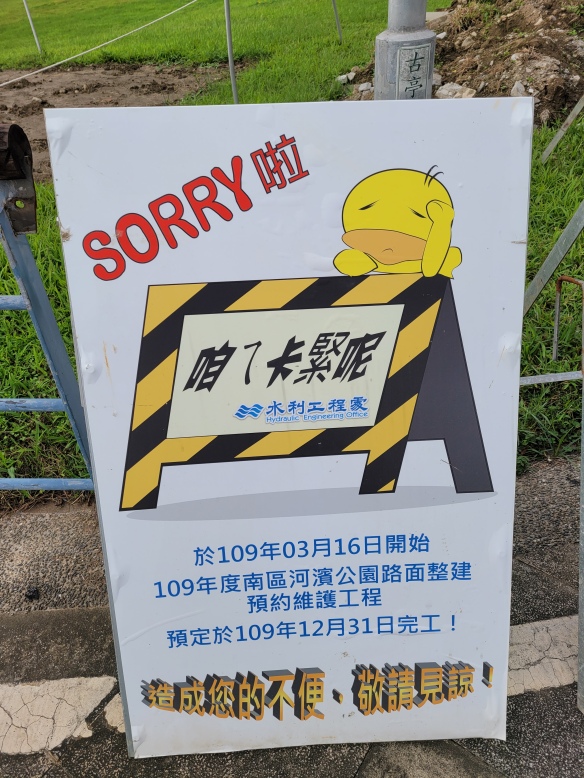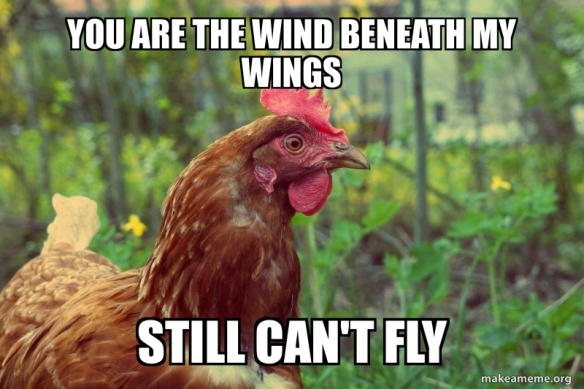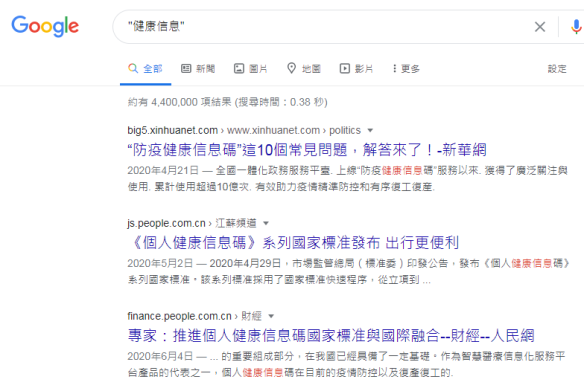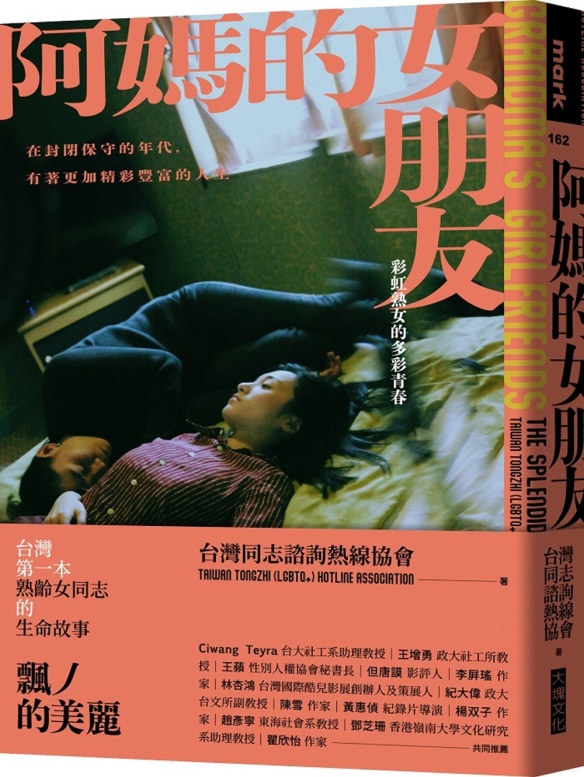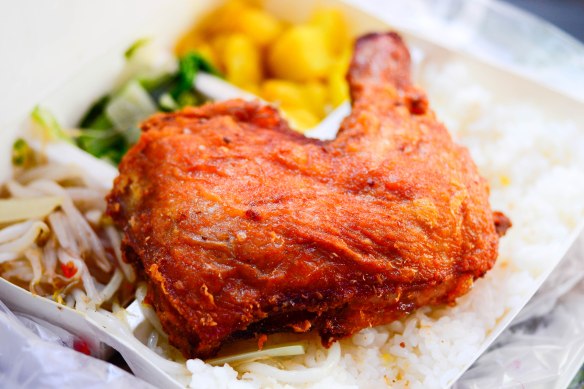Walking around Guting, even though most buildings are apartment blocks, most were displaying couplets by their door. I’ve featured some of the more interesting ones below.
This doorway was funny because I imagined dueling households displaying couplets from President Tsai Ing-wen and Lai Ching-te vs. Ma Ying-jeou and his wife Chow Mei-ching respectively. President Tsai has gone with the classic idiom 「扭轉乾坤」(niǔzhuǎnqiánkūn) “to turn luck around” (literally, to upend heaven and earth). As 「扭」(niǔ to turn) and 「牛」(niú ox/cow) are near homonyms, the 「牛」 for the year of the ox stands in for it.

Former president Ma Ying-jeou and his wife, meanwhile, have called for equanimity and optimism in what was largely been interpreted as a dig at President Tsai‘s popularity with the words of the Hongwu Emperor 「心天之心平常心、樂天之樂金牛樂」. Ma’s explanation is that the son of heaven (read president) must respect the wishes of the people to rule properly, and that people need to be optimistic despite the pandemic and the ractopamine pork imports (video here).
I was (perhaps naively) surprised to see a Baptist church joining in on the fun:
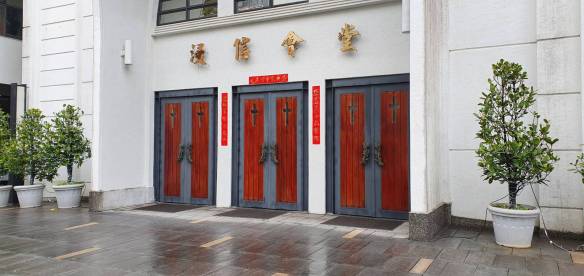

「合體字」 compound characters featured heavily in a lot of the door dressings. The one on the right below is the same as the Presidential one above: 「牛轉乾坤」 with a stylized 「牛」.

There were even some compound characters from phrases in Taiwanese, like the one below: 「好孔來阮家」 hó-khang lâi góan ka (good things come to our family). Right beside it is 「黃金萬兩」 (10,000 taels of gold).

The banner below shows five different compound characters:
Looks like 「大利大吉」 (profit and fortune)
「日進斗金」 (a dou of gold enters every day)
「日日見財」 (every day meet with fortune)
「黃金萬兩」(10,000 taels of gold) (repeat of above)
「招財進寶」 (attract fortune and enter treasures)

The door below doesn’t seem to have been updated despite the fresh-looking colours, but the compound version of 「吉祥如意」 was cute enough:

There are a whole load more below!


















The one above features 「犇」 bēn, made up of three 「牛」s.





